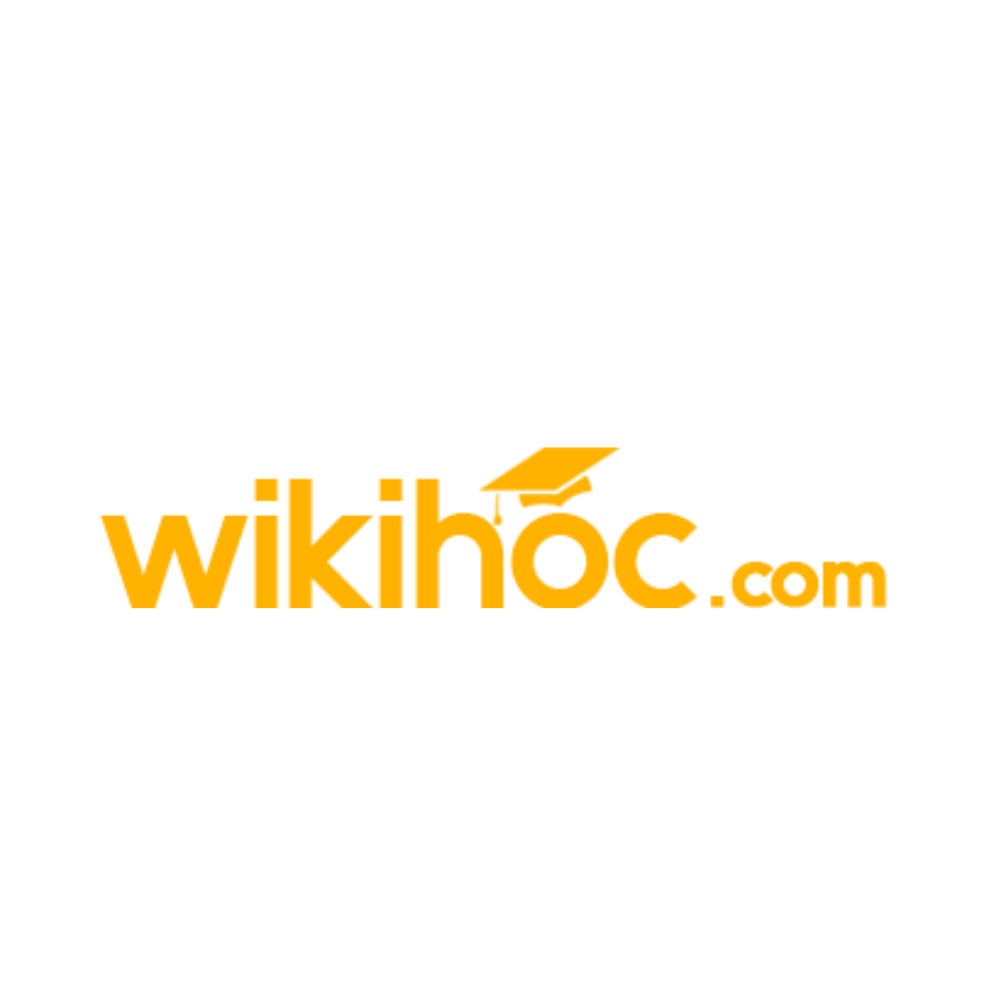Giải bài tập SGK Tiếng Anh 11 Unit 10 Getting Started giúp các em học sinh trả lời các câu hỏi tiếng Anh phần 1→4 trang 110, 111 để chuẩn bị bài The ecosystem trước khi đến lớp.
Soạn Getting Started Unit 10 lớp 11 được biên soạn bám sát theo chương trình SGK Global Success 11. Qua đó giúp học sinh nhanh chóng nắm vững được kiến thức để học tốt tiếng Anh 11. Đồng thời giúp thầy cô tham khảo để soạn giáo án Tiếng Anh 11 theo chương trình mới. Vậy sau đây là nội dung chi tiết bài soạn Unit 10 Lớp 11: Getting Started trang 110, 111 – Global Success, mời các bạn cùng theo dõi.
Bài 1
Ecosystems and humans
(Hệ sinh thái và con người)
Listen and read.
Ms Hoa: Nam, you went to Cuc Phuong National Park last weekend, didn‘t you?
Nam: Yes, that’s right. It was an amazing trip. This old forest is home to thousands of different kind of plants, insects, and animals. I really liked the colourful butterflies and the thousand-year-old tree.
Ms Hoa: Yes, Cuc Phuong National Park has a very rich ecosystem.
Mai: What’s an ecosystem, Ms Hoa?
Ms Hoa: It’s a community that has living things, like flora and fauna. Flora refers to plants and fauna refers to animals, including tiny organisms, like bacteria. Ecosystems also include non-living things, like sunlight, air, soil, and water.
Nam: How important are ecosystems to life on our planet, Ms Hoa?
Ms Hoa: Healthy ecosystems are essential for human health and survival because they provide us with goods such as food, energy, raw materials, clean water, and air.
Mai: So we should protect our ecosystems, shouldn’t we?
Ms Hoa: That’s right. Unfortunately, many ecosystems around the world are being lost, damaged, or destroyed because of climate change, pollution, and overuse of natural resources. It’s very important to protect and restore them for future generations. We don’t want our planet to lose even more biodiversity, do we?
Bài 2
Read the conversation again and decide whether these statements are true (T) or false (F).
(Đọc đoạn hội thoại một lần nữa và quyết định xem những câu này là đúng (T) hay sai (F).)
Gợi ý đáp án
|
1–F |
2–T |
3–F |
Bài 3
Complete the diagram with words in 1.
(Hoàn thành sơ đồ với các từ trong 1.)
Gợi ý đáp án
|
Ecosystem (Hệ sinh thái) |
(1) Living things (Những sinh vật sống) |
Plants or (2) flora (Cây cối hoặc hệ thực vật) |
|
Animals or (3) fauna (Động vật hoặc hệ động vật) |
||
|
(5) Non-living things (Vật không sống) |
Tiny organisms such as (4) bacteria (Các sinh vật nhỏ bé như vi khuẩn) |
|
|
Sunlight, soil, air, water, etc. (Ánh sáng mặt trời, đất, không khí, nước, v.v.) |
Bài 4
Use the words in the box to form compound nouns mentioned in 1. Match them with the meanings below.
(Sử dụng các từ trong hộp để tạo thành các danh từ ghép được đề cập trong phần 1. Nối chúng với các nghĩa bên dưới.)
|
raw |
climate |
change |
resources |
|
park |
natural |
national |
materials |
|
1. a change in the earth’s weather conditions |
__________ |
|
2. things that exist in nature and can be used by people |
__________ |
|
3. land protected by the government because of its natural beauty or special history |
__________ |
|
4. basic materials used to make products |
__________ |
Gợi ý đáp án
|
1 – climate change |
2 – nutural resources |
3 – national park |
4 – raw materials |
Cảm ơn bạn đã theo dõi bài viết Tiếng Anh 11 Unit 10: Getting started Soạn Anh 11 Kết nối tri thức trang 110, 111 của Wikihoc.com nếu thấy bài viết này hữu ích đừng quên để lại bình luận và đánh giá giới thiệu website với mọi người nhé. Chân thành cảm ơn.
